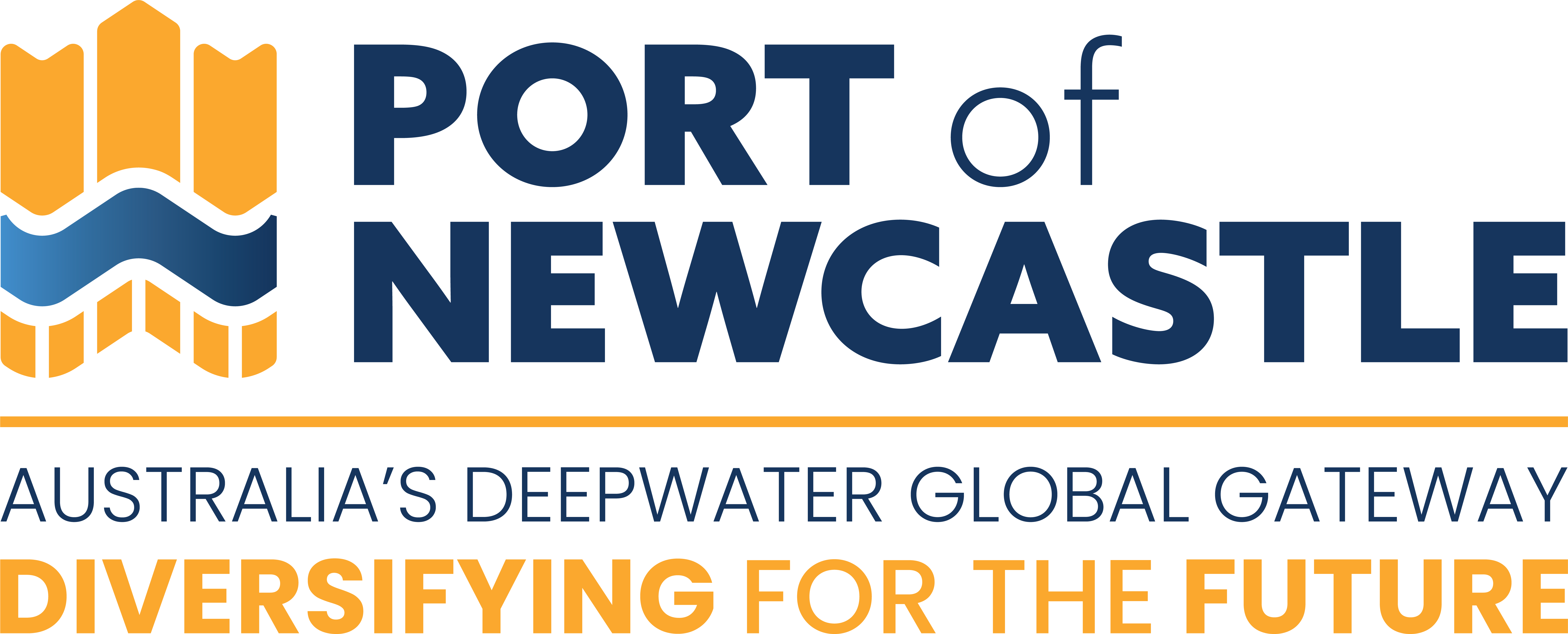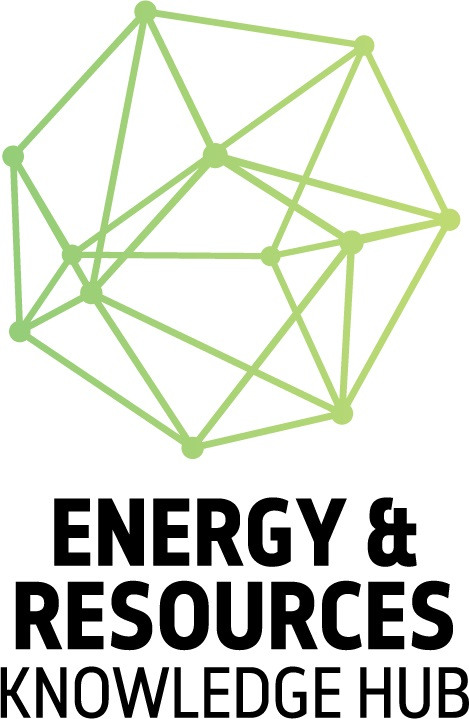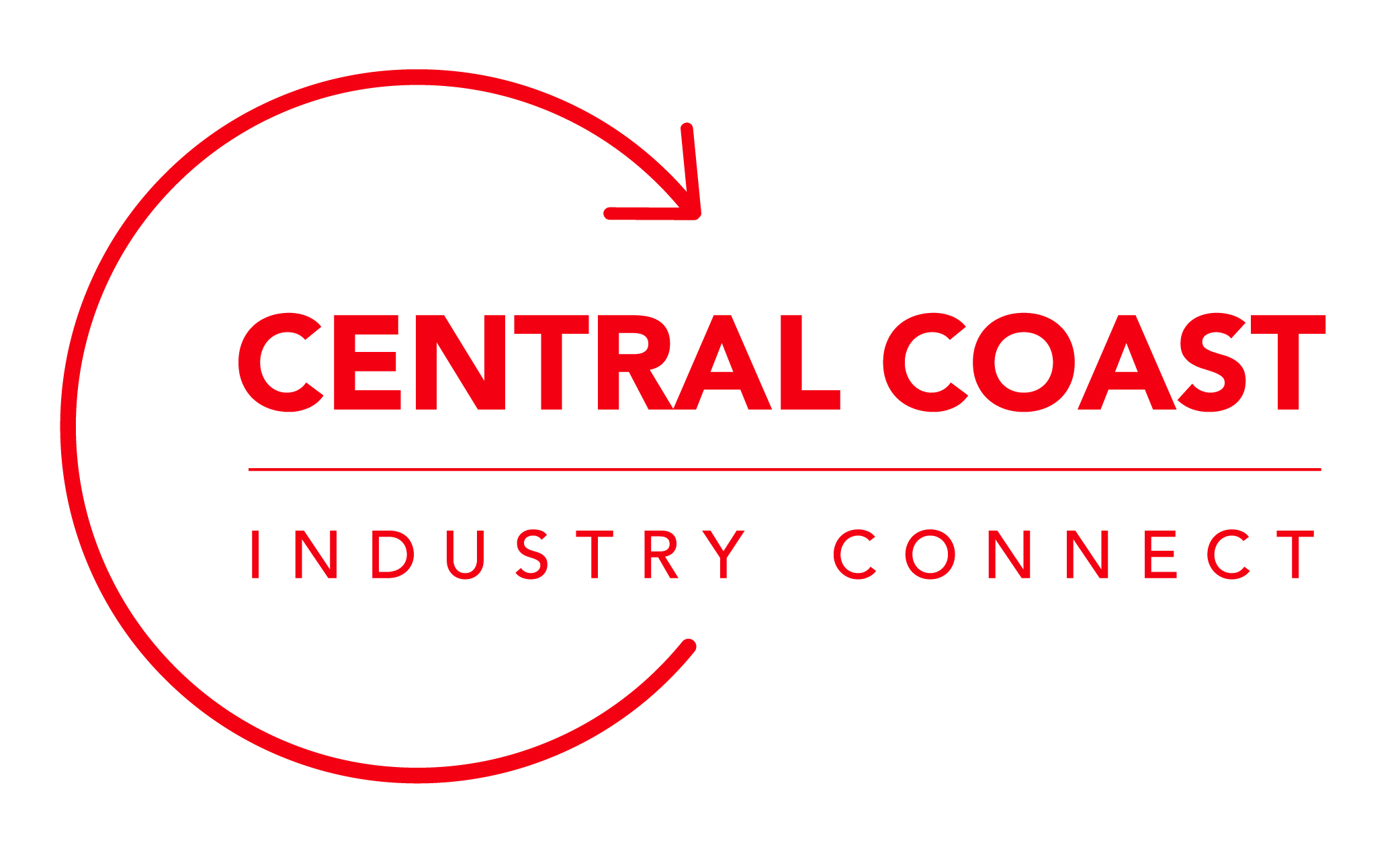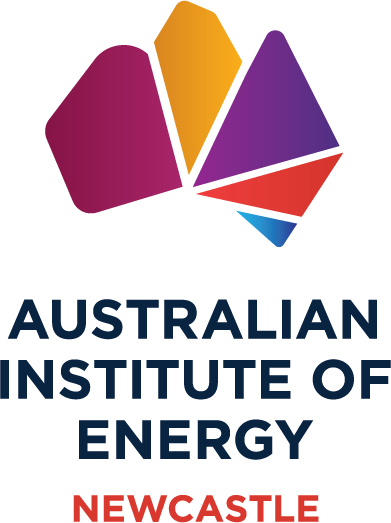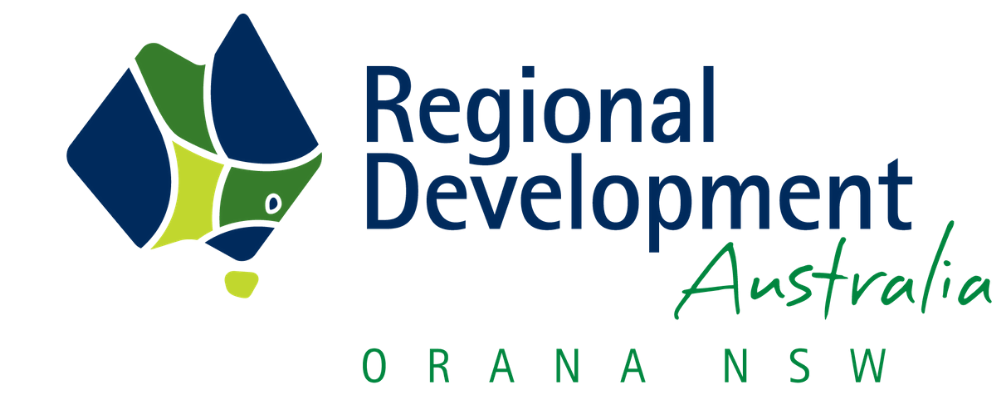Large scale hydrogen projects get green light in Tasmania, Queensland and Northern Territory
Three major projects in three states have made announcements on next stages in the past few weeks.
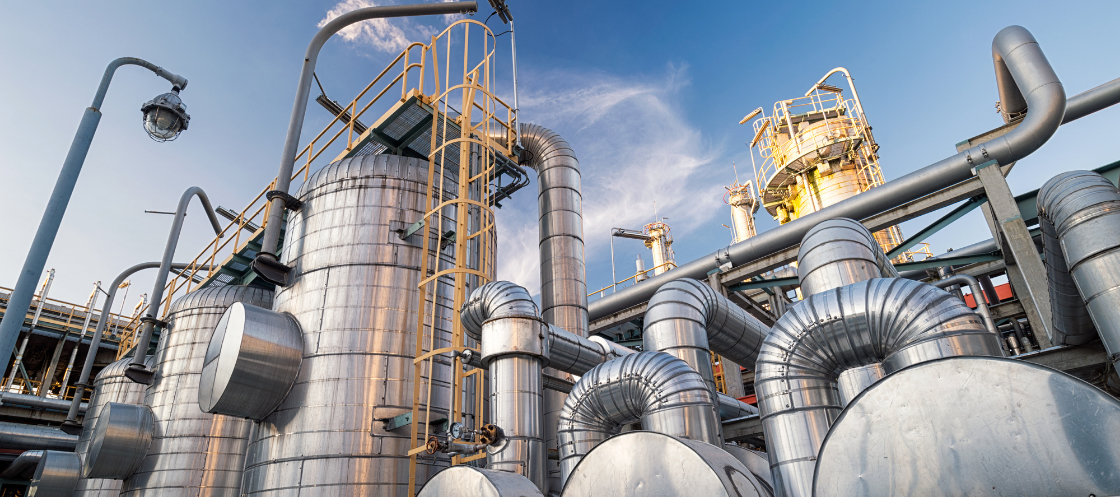
TASMANIA - Abel Energy, an Australian hydrogen developer, and Spanish energy group Iberdrola have signed an agreement to secure a suitable location for a 240 MW green hydrogen and green methanol production facility in Tasmania. The project is estimated to cost around $1.2 billion (USD 79 million).
By undertaking this project, Abel Energy and Iberdrola are advancing the development of green hydrogen and methanol as viable alternatives to conventional fossil fuel-based products. This joint endeavor at Bell Bay, holds immense potential for reducing carbon emissions and promoting sustainable energy solutions in Tasmania and beyond.
NORTHERN TERRITORY - On June 7, Japanese energy company Inpex, together with its subsidiary Inpex Operations Australia, Santos, Xodus, and the CSIRO, received a subsidy of A$1 million through the Regional Hydrogen Hubs fund for the feasibility study of the Darwin clean hydrogen hub in the Northern Territory. This collaboration aims to conduct a comprehensive study over the next 18 months, focusing on the commercialization aspects of hydrogen production, supply, and demand.
The study will encompass a wide range of factors, including evaluating the demand for hydrogen and its derivatives like methanol and ammonia, both within Australia and internationally. Various applications of hydrogen, such as in transportation, power generation, and as raw materials for chemical products, will be considered during the assessment.
QUEENSLAND - Queensland-based project developer, the Hydrogen Collective (H2C), has announced its plans to supply commercial customers with green hydrogen starting from late 2023. The construction of a solar-powered production facility in Goondiwindi, located in the southwest of the state, will commence in the coming weeks.
The forthcoming hydrogen production facility will utilize a 2.5 MW solar array and leverage wastewater from the Goondiwindi wastewater treatment plant (WWTP) to generate green hydrogen through electrolysis. Preliminary estimates suggest an annual production capacity of up to 1,350 tonnes of renewable hydrogen.
With a projected cost of $15 million (USD 10.1 million), the Goondiwindi Hydrogen project has entered the procurement and construction phase after securing a financial investment decision and a 20-year agreement with the Goondiwindi Regional Council.



